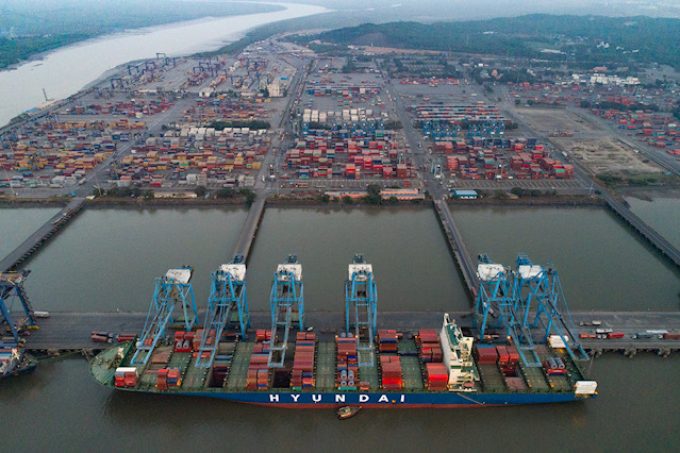Congestion at Vancouver worsens – but it's not all the port's fault
Congestion at Canada’s west coast gateway of Vancouver is set to worsen in the coming ...

With heightened geopolitical tensions sparked by the Iran-Israel faceoff, Indian exporters are again staring at freight costs soaring even higher and new cargo flow disruptions, after recently enjoying some respite from the Red Sea shipping crisis.
The capture of the MSC Aries by Iranian forces last weekend has escalated what had already become a major, nagging supply chain concern for the industry.
The 14,000-teu vessel was reportedly on MSC’s India-Europe service Himalaya Express service on long-term charter from London-based Zodiac Maritime.
Indian industry ...
Outlook for container shipping 'more uncertain now than at the onset of Covid'
Teamsters union vows UPS will be 'in for a hell of a fight' over jobs cull
Shippers warned: don't under-value US exports to avoid tariffs – 'CBP will catch you'
Cancelled voyages take the sting out of spot rate declines this week
New Houthi warning to shipping as rebel group targets specific companies
K+N CEO unveils impact of US import tariffs on China-origin goods
Blanked sailings in response to falling demand 'just a stop-gap solution'
CMA CGM to reflag box ship as the French carrier eyes growing Indian market
More pressure on transpacific rates as carriers bet on a China-US trade deal
Boeing looks to resell up to 50 aircraft rejected by Chinese buyers
'Strong start' to 2025, despite market uncertainty, says Kuehne + Nagel
US Customs chaos means 'more downside risk than upside potential' for air cargo
Taiwan ministries act to mitigate effect of trade war on agriculture exports
Wan Hai joins box shipping 'arms race', but avoids Chinese yards for newbuilds
MOL signs up with Climeworks for direct air carbon capture and storage


Comment on this article